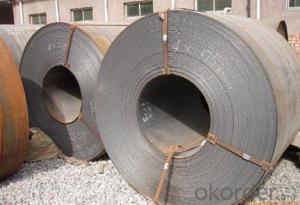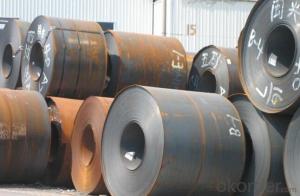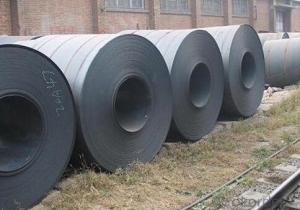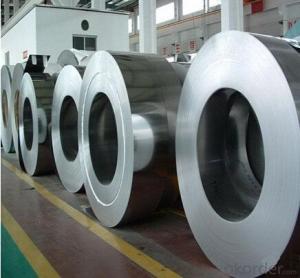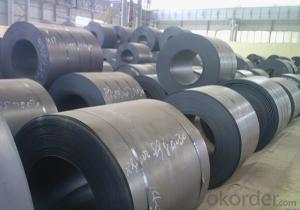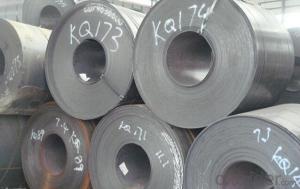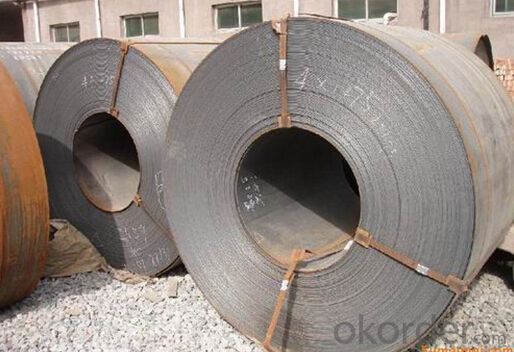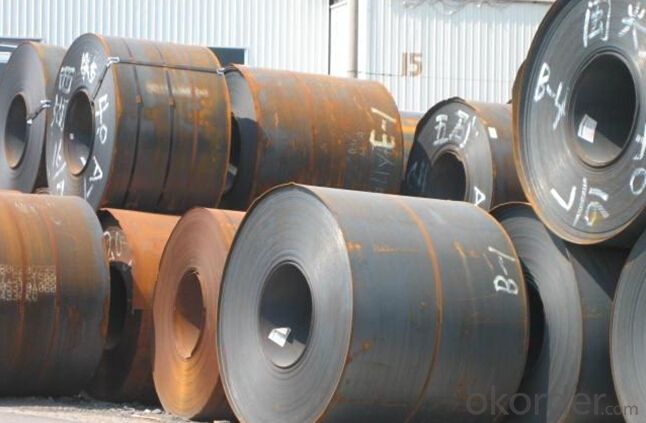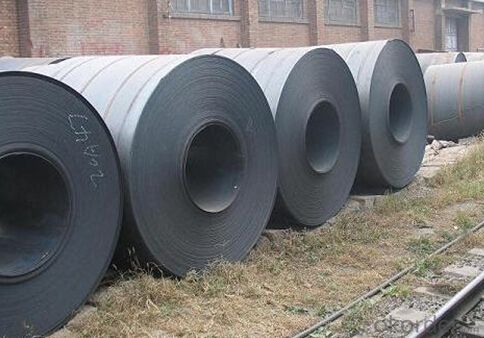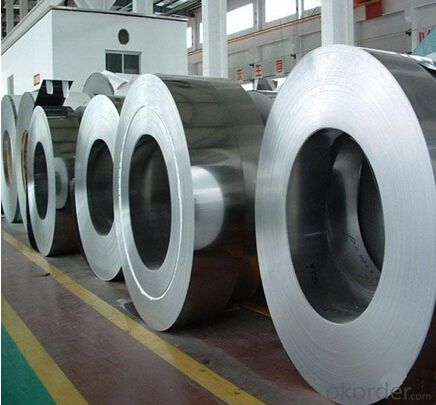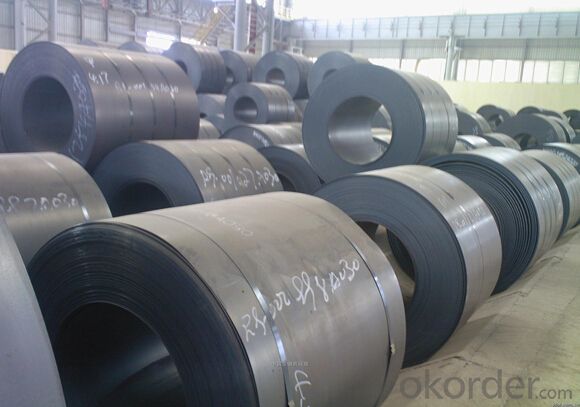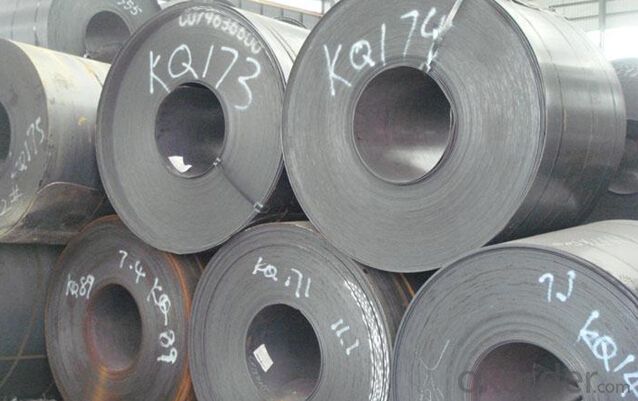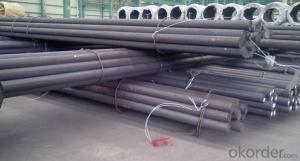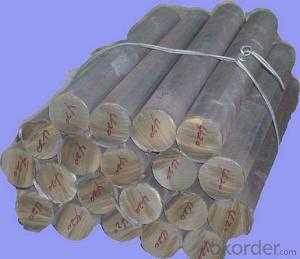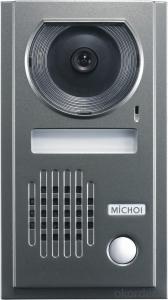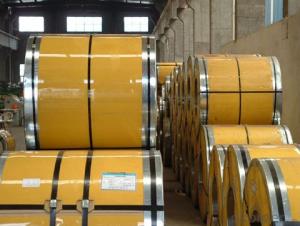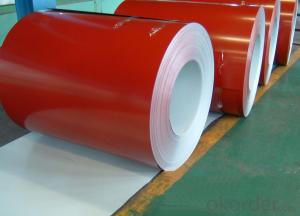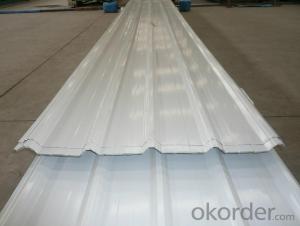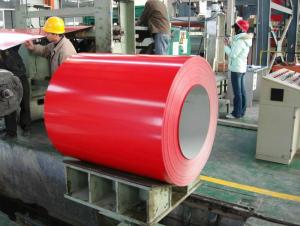EG_GA_GI_PPGI_GL_HR_CR Steel Coils_Sheets
- Loading Port:
- Tianjin
- Payment Terms:
- TT OR LC
- Min Order Qty:
- 25 m.t.
- Supply Capability:
- 10000 m.t./month
OKorder Service Pledge
OKorder Financial Service
You Might Also Like
Specification
EG_GA_GI_PPGI_GL_HR_CR Steel Coils_Sheets
Quick Details
Name | Hot Rolled Steel Coil |
Standard | GB/ASTM/SAE/AISI/DIN/JIS/EN/BS |
Surface Treatment: | Black/Peeling/Polished/Machined |
Delivery Condition: | Hot Rolled or Forged/Peeled or Black Surface |
Test | SGS/UT 100% Elements Testing |
Certificate: | ISO/Mill Certificate |
Service: | 24 hours online service / |
more than 20 years trading and manufacture | |
Quality Assurance: | the third party inspection, such as SGS, BV, TUV…etc. is acceptable |
Packaging Details: | Seaworthy Packaging or as per customer's packing instruction |
Specification
| Thickness | 0.15mm-2.0mm |
| Thickness tolerance | +/- 0.02mm |
| Width | 600mm-1250mm |
| Width tolerance | +/-2mm |
| Zinc coating | Z40-Z275 g/m2 |
| Color | Grey white, sea blue, red or any RAL standard |
| Painting | Top: 20+/-5um Back: 5mic---8mic |
| Standard | ASTM, AISI, DIN, GB,JIS |
| Material | SGCC,SGCD,SECC,SECD,DX51D+Z, S350GD, S450GD, S550GD |
| Technique | Cold rolled, hot-dipped galvanizing, color coated, galvanized and so on |
| Spangle | Zero spangle, regular spangle or normal spangle |
| Surface Structure | Galvanized, zero spangle, regular spangle or normal spangle |
| Surface treatment | Chromate and oiled, chromate and non-oiled |
| Packing | Export standard, or according to customer's requirement |
| Min order | 25Tons |
| Coil weight | 3-6tons or as client requirement |
| Coil ID | 508/610mm |
Company Information
CNBM International Corporation is the most import and export platform of CNBM group(China National Building Material Group Corporation) ,which is a state-owned enterprise, ranked in 270th of Fortune Global 500 in 2015.
With its advantages, CNBM International are mainly concentrate on Cement, Glass, Iron and Steel, Ceramics industries and devotes herself for supplying high quality series of refractories as well as technical consultancies and logistics solution.
After-sale service | l CNBM provides the services and support you need for every step of our cooperation. We’re the business partners you can trust; you can relax and get on with doing business. |
l For any problem, please kindly contact us at any your convenient time, we’ll reply you in our first priority within 24 hours | |
Advantages | Industry experience over 20 years. |
Shipment of goods -More than 70 countries worldwide. | |
The most convenient transport and prompt delivery. | |
Competitive price with best service. | |
High technical production line with top quality products. | |
High reputation based on best quality products. |
Product Show
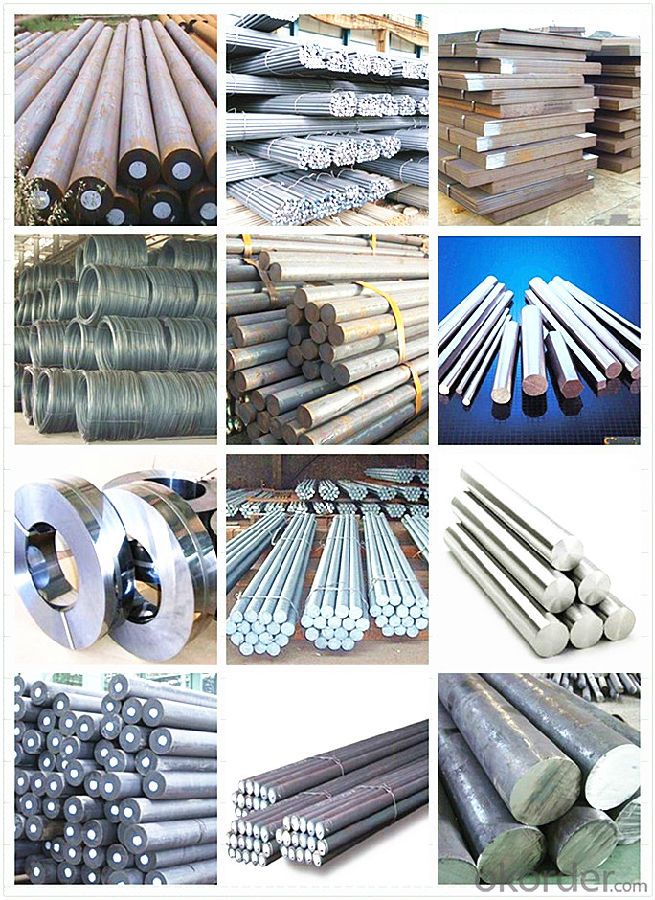
FAQ
Are you a trading company or manufacturer? | Manufacturer |
What’s the MOQ? | 3 metric ton |
What’s your delivery time? | 15-35 days after downpayment received |
Do you Accept OEM service? | Yes |
what’s your delivery terms? | FOB/CFR/CIF |
What's the Payment Terms? | 30% as deposit,70% before shipment by T/T |
Western Union acceptable for small amount. | |
L/C acceptable for large amount. | |
Scrow ,Paybal,Alipay are also ok | |
Why choose us? | Chose happens because of quality, then price, We can give you both. |
Additionally, we can also offer professional products inquiry, products knowledge train (for agents), smooth goods delivery, excellent customer solution proposals. | |
What's your available port of Shipment? | Main Port, China |
What’s your featured services? | Our service formula: good quality+ good price+ good service=customer's trust |
Where are your Market? | Covering more than 160 countries in the world |
- Q: Is special steel suitable for manufacturing precision components?
- Yes, special steel is highly suitable for manufacturing precision components. Special steel is a type of steel that is specifically engineered to possess exceptional properties, such as high strength, hardness, and resistance to wear, corrosion, and heat. These characteristics make it an ideal choice for manufacturing precision components that require tight tolerances, accuracy, and reliability. The inherent strength and hardness of special steel allow for the production of durable and long-lasting precision components. This is particularly important in industries where components are subjected to high stress and heavy loads, such as aerospace, automotive, and machinery manufacturing. Special steel's resistance to wear and corrosion ensures that the precision components can withstand harsh operating environments and maintain their functionality over time. Furthermore, special steel's excellent heat resistance makes it suitable for precision components that are exposed to elevated temperatures. This is especially relevant in industries like aerospace and power generation, where components need to withstand extreme heat without compromising their performance. Special steel also offers excellent machinability, which is crucial for manufacturing precision components with intricate designs and complex geometries. It can be easily shaped, cut, and formed into various shapes and sizes, allowing for the production of intricate and precise components. Overall, the unique properties of special steel, including high strength, hardness, resistance to wear, corrosion, and heat, as well as excellent machinability, make it highly suitable for manufacturing precision components. Its use ensures the production of high-quality components that meet the strict requirements of precision applications.
- Q: What are the main advantages of using special steel in the construction industry?
- The main advantages of using special steel in the construction industry are its high strength, durability, and resistance to corrosion. Special steel has superior mechanical properties compared to regular steel, allowing for the construction of stronger and more robust structures. It can withstand heavy loads, extreme weather conditions, and natural disasters, ensuring the safety and longevity of buildings. Additionally, its corrosion resistance properties reduce maintenance costs and extend the lifespan of structures, making it a cost-effective choice in the long run.
- Q: How does special steel contribute to the industrial machinery aftermarket industry?
- By providing high-quality and durable components, special steel plays a vital role in the industrial machinery aftermarket industry. It enhances machinery performance and longevity, which is crucial in this industry. One of the main advantages of special steel is its exceptional strength and resistance to wear and tear. Regular steel components deteriorate quickly due to heavy loads, extreme temperatures, and corrosive environments. However, special steel alloys are specifically designed to withstand these harsh conditions. This ensures that machinery operates efficiently for a longer period. In addition, special steel offers excellent machinability, making it easier to manufacture intricate and precise components. This enables aftermarket manufacturers to produce replacement parts that fit perfectly into existing machinery. As a result, downtime during repairs and maintenance is minimized. Special steel's machinability also allows for customization, as it can be easily shaped and modified according to the specific requirements of different machinery models. Moreover, special steel's exceptional heat resistance makes it ideal for producing high-temperature components used in industrial machinery. These components need to withstand intense heat without losing their structural integrity. Special steel alloys possess excellent heat resistance properties, ensuring that machinery can operate at high temperatures without compromising performance or safety. Furthermore, special steel contributes to the industrial machinery aftermarket industry by providing corrosion-resistant components. Machinery in industries such as oil and gas or marine is often exposed to corrosive substances or environments. Regular steel components are susceptible to corrosion, leading to premature failure and expensive repairs. However, special steel alloys are highly resistant to corrosion, enhancing the durability and reliability of machinery in these demanding conditions. Overall, special steel's unique properties, including strength, machinability, heat resistance, and corrosion resistance, significantly contribute to the industrial machinery aftermarket industry. By utilizing special steel components, manufacturers can enhance machinery performance, durability, and longevity, reducing downtime, and improving overall operational efficiency.
- Q: What is the role of carbon in special steel?
- Special steel relies on carbon to significantly impact its properties and performance. This type of steel is specifically engineered to showcase exceptional characteristics like high strength, hardness, wear resistance, and corrosion resistance. Carbon is a key alloying element in special steel, and its content dictates many of these desired properties. To begin, carbon is responsible for enhancing the strength and hardness of special steel. When carbon is introduced into the iron matrix, it forms iron carbides, which are exceptionally hard and provide structural integrity to the steel. The higher the carbon content, the greater the steel's hardness and strength. Consequently, special steel is well-suited for applications that demand high toughness, durability, and resistance to deformation, such as the manufacturing of tools, dies, and industrial machinery components. Additionally, carbon contributes to the wear resistance of special steel. The presence of carbon enhances the steel's ability to withstand abrasion and endure extreme conditions. This is especially important in industries like mining, construction, and oil and gas, where components face intense wear and friction. Moreover, carbon plays a crucial role in determining the machinability and weldability of special steel. The carbon content influences how the steel responds to heat treatment, affecting its ease or difficulty of machining and welding. Striking the right balance of carbon content is essential to ensure that special steel can be easily worked on and fabricated into complex shapes without compromising its properties. Lastly, carbon influences the corrosion resistance of special steel. Although steel is generally susceptible to corrosion, the addition of specific amounts of carbon can enhance its resistance to rusting and other forms of corrosion. This is particularly important in applications where the steel is exposed to harsh environments, such as in the marine or chemical industries. In conclusion, carbon plays a vital role in special steel by enhancing its strength, hardness, wear resistance, machinability, weldability, and corrosion resistance. The precise amount of carbon added to the steel is carefully controlled to achieve the desired properties for specific applications. This versatility and sought-after nature make special steel a highly valued material across various industries.
- Q: What are the advantages of using special steel in construction?
- There are several advantages of using special steel in construction. Firstly, special steel offers exceptional strength and durability, making it suitable for high-rise buildings, bridges, and other structures that require long-term stability. Additionally, special steel is resistant to corrosion, which enhances its lifespan and reduces maintenance costs. Furthermore, special steel can be fabricated into various shapes and sizes, allowing for flexible and efficient construction designs. Lastly, due to its recyclability, special steel is an environmentally friendly choice that promotes sustainability in the construction industry.
- Q: What are the main applications of special steel in the chemical industry?
- Special steel is widely used in the chemical industry for various applications. One of the main applications is in the construction of chemical processing equipment, such as reactors, storage tanks, and pipes, due to its excellent corrosion resistance properties. Additionally, special steel is used for manufacturing valves, fittings, and pumps, where high strength and resistance to chemicals are crucial. It is also utilized in the production of heat exchangers and condensers, which require materials that can withstand extreme temperatures and corrosive environments. Overall, special steel plays a vital role in ensuring the safety and efficiency of chemical processes in the industry.
- Q: How does special steel contribute to the aerospace racing aftermarket industry?
- Special steel is an essential component in the aerospace racing aftermarket industry as it plays a significant role in enhancing the performance, durability, and safety of aircraft and racing vehicles. Firstly, special steel is used in the manufacturing of critical engine components, such as turbine blades, compressor discs, and shafts. These components must withstand extreme temperatures, pressures, and mechanical stress during operation. Special steel alloys, such as nickel-based superalloys, provide excellent heat resistance, high strength, and exceptional corrosion resistance, ensuring peak performance and reliability of the engine systems. Moreover, special steel is vital in the construction of airframe structures. The lightweight but high-strength properties of special steel alloys, such as titanium alloys, are crucial in reducing the overall weight of aircraft and racing vehicles. This weight reduction contributes to improved fuel efficiency, increased speed, and better handling capabilities, making it an indispensable material in the aerospace racing aftermarket. In addition, special steel is utilized in the production of landing gear systems, which are crucial for safe takeoffs, landings, and overall maneuverability. The landing gear must endure immense forces and shock loads during these operations. Special steel alloys, like chromium-molybdenum steel, offer exceptional toughness, fatigue resistance, and impact strength, ensuring the landing gear's reliability and longevity. Furthermore, special steel plays a crucial role in the manufacturing of aerospace racing aftermarket components, such as fasteners, bearings, and gears. These components require high strength, wear resistance, and dimensional stability to withstand the demanding conditions of racing and provide optimal performance. Special steel alloys, including stainless steel and tool steel, possess these desirable properties, ensuring the longevity and reliability of these crucial components. Overall, special steel's contribution to the aerospace racing aftermarket industry cannot be overstated. Its exceptional properties, including high strength, heat resistance, corrosion resistance, and fatigue resistance, enable the production of reliable, efficient, and high-performance aircraft and racing vehicles. Without special steel, the aerospace racing aftermarket industry would be unable to achieve the level of advanced technology, speed, and safety that it currently enjoys.
- Q: What are the specific requirements for special steel used in the power transmission industry?
- The specific requirements for special steel used in the power transmission industry are related to its durability, strength, and resistance to various environmental factors. These requirements are crucial as power transmission equipment operates under high loads, extreme temperatures, and corrosive conditions. Here are some specific requirements for special steel in the power transmission industry: 1. High Strength: Special steel used in power transmission must possess high strength to withstand the mechanical stresses and loads imposed by the power transmission equipment. This ensures that the steel can effectively carry the weight and resist deformation or failure. 2. Hardness: Special steel needs to have sufficient hardness to resist wear and abrasion. Power transmission equipment often involves moving parts that experience constant friction and contact, so the steel must be able to withstand these forces without wearing down quickly. 3. Corrosion Resistance: The steel used in power transmission should have excellent resistance to corrosion and rusting. Power transmission equipment is frequently exposed to moisture, chemicals, and other corrosive substances, so the steel must be able to withstand these conditions without deteriorating or losing its structural integrity. 4. Heat Resistance: Power transmission equipment operates at high temperatures, especially in cases of power generation and distribution. Therefore, special steel used in this industry must possess high heat resistance to prevent deformation, loss of strength, or failure under extreme thermal conditions. 5. Electrical Conductivity: Some power transmission components require steel with good electrical conductivity to ensure efficient transmission of electricity. Steel used for conductive purposes must have low resistance to electrical flow, allowing for minimal power loss during transmission. 6. Fatigue Resistance: Special steel used in the power transmission industry should have excellent fatigue resistance properties. This means that the steel can withstand repeated cycles of stress and strain without cracking or breaking, thereby ensuring its long-term reliability and durability. 7. Dimensional Stability: The steel used in power transmission must maintain its dimensional stability over time. This ensures that the equipment maintains its intended design and functionality, even under different operating conditions. In conclusion, the specific requirements for special steel used in the power transmission industry include high strength, hardness, corrosion resistance, heat resistance, electrical conductivity, fatigue resistance, and dimensional stability. These requirements ensure that the steel can withstand the demanding operational conditions and provide reliable and efficient power transmission.
- Q: How are magnesium alloys used in lightweight structures?
- Magnesium alloys are used in lightweight structures due to their exceptional strength-to-weight ratio. These alloys offer high strength and stiffness while being significantly lighter than other metals like steel or aluminum. This makes them ideal for applications in sectors such as aerospace, automotive, and sports equipment, where weight reduction is crucial without compromising structural integrity. Additionally, magnesium alloys possess good vibration damping properties, corrosion resistance, and excellent machinability, making them even more advantageous for lightweight structure design.
- Q: What are the main advantages of using special steel in the construction of bridges?
- The main advantages of using special steel in the construction of bridges are its exceptional strength and durability. Special steel alloys offer high tensile strength, allowing for lighter bridge designs and reducing the overall weight of the structure. This not only makes construction and transportation easier but also minimizes the environmental impact. Additionally, special steel exhibits excellent corrosion resistance, ensuring the longevity of the bridge even in harsh weather conditions. Its superior toughness and resistance to fatigue make it ideal for withstanding heavy loads and frequent use, ensuring the safety and reliability of the bridge for many years.
Send your message to us
EG_GA_GI_PPGI_GL_HR_CR Steel Coils_Sheets
- Loading Port:
- Tianjin
- Payment Terms:
- TT OR LC
- Min Order Qty:
- 25 m.t.
- Supply Capability:
- 10000 m.t./month
OKorder Service Pledge
OKorder Financial Service
Similar products
Hot products
Hot Searches
Related keywords
